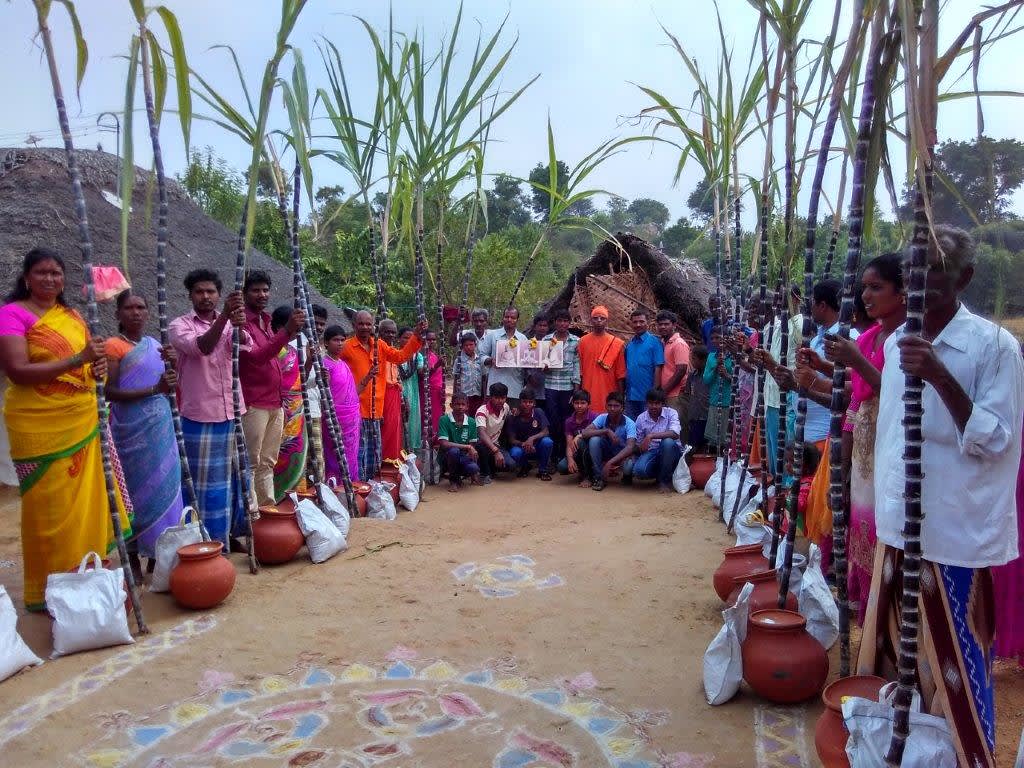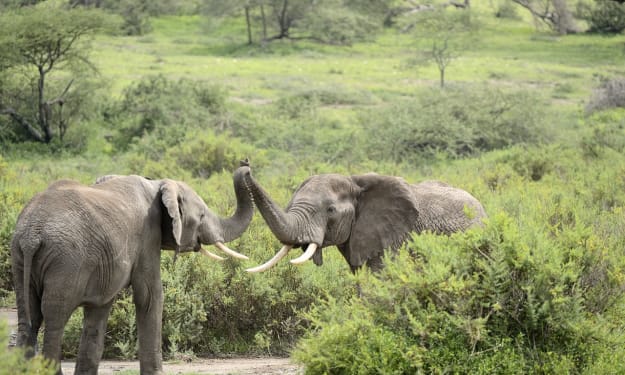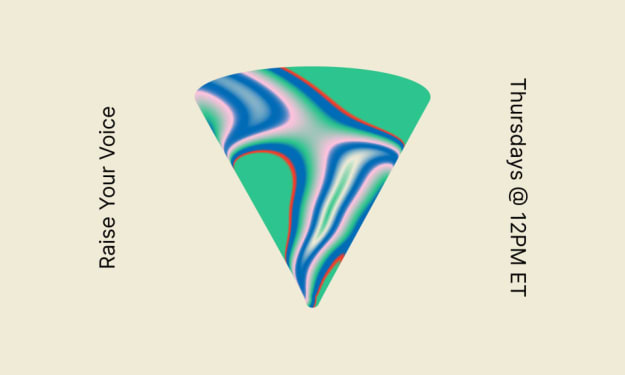Pongal Festival in Tamil Nadu: A Celebration of Harvest, Heritage, and Harmony
In the Spirit of Pongal: Jallikattu's Connection to Harvest Festivities

Introduction:
The people of Tamil Nadu, India, have a particular place in their hearts for Pongal, the colorful and festive harvest celebration. Pongal is a festival celebrated with great zeal and passion that coincides with the sun's northward trek, which represents wealth and prosperity, after the winter solstice. Let's explore the rich past, the four days of celebration, the delicious food, and the worshipful atmosphere that characterize this cultural spectacle.
History:
With roots well ingrained in Tamil culture, Pongal is a centuries-old celebration with Sangam era origins. The event serves as a means of giving thanks to the natural world and the supernatural powers that enable agricultural plenty, in addition to being a harvest celebration. Pongal is a reflection of Tamil Nadu's rural culture, where Farming is a way of life, not only a job.
The Four Pongal Days:
Bhogi Pongal - First Day:
Bhogi Pongal, the festival's opening event, is devoted to the ceremonial burning of old possessions, signifying the passing of the past and the entrance of the present. People clean their homes and assemble around the campfire to ask for blessings of wealth and kindness.
Day 2 of Thai Pongal:
Thai Pongal, the major Pongal celebration, is devoted to thanking the Sun God Surya for the abundant crop. The custom of cooking the first rice to be harvested in pots represents wealth and success. Families gather to make the traditional 'Pongal' meal, which is made with sweet rice, and then present it to the gods before serving it as a communal dinner.
Day 3 of Mattu Pongal:
Mattu Pongal is a celebration and day to commemorate cattle, who are essential to agriculture. Cattle are paraded through the streets decked out in vibrant garlands, and prayers are said specifically to recognize their contribution to farming. The traditional bull-taming sport of Jallikattu is also connected to this day.
In the Indian state of Tamil Nadu, there is a long-standing and traditional sport known as "Jallikattu" that involves taming bulls. An essential component of the Pongal holiday celebrations, especially on Mattu Pongal day, is this customary show. In the risky sport of jallikattu, competitors try to tame wild bulls by grasping their hump and clinging onto it as the bull tries to escape. The Tamil terms "Jalli," which denotes gold or silver coins, and "Kattu," which indicates a bundle, are the roots of the phrase "Jallikattu". In the past, the tamer would attempt to collect currency bundles that were fastened to the bull's horns as part of the sport.
Crucial elements of jallikattu originating thousands of years ago. It is thought to have started as a means for soldiers to show off their courage and might.
Relation to Pongal celebration: The Pongal celebration is intimately linked to Jallikattu, especially on Mattu Pongal Day, which is devoted to honoring and praising cattle. Bulls that take part in Jallikattu are raised and trained specifically for the competition.
Guidelines and Structure:
The main goal of Jallikattu is for competitors to attempt to tame the bull without injuring it. The bull is let loose onto an open field or arena filled with participants. The competitors, called "varuval" or "veerans," try to seize the bull's hump and hang onto it for a predetermined amount of time or moment.
Safety precautions:
Strict rules and safety precautions have been put in place recently due to worries about the safety of both participants and bulls. In addition to undergoing medical examinations, participants must have their bulls declared fit for the contest. Authorities and veterinary specialists also keep a careful eye on the event.
Debates and Controversies:
The practise of jallikattu has been the subject of much debate because of worries about participant safety and animal cruelty. Proponents of animal rights contend that the sport puts bulls through needless stress and perhaps injury. The Supreme Court of India has temporarily outlawed the sport of jallikattu because of the controversy surrounding it. Nonetheless, the state government has worked to protect and control the custom, as have advocates of the tradition.
Cultural Preservation:
Jallikattu proponents contend that the sport is an integral part of Tamil cultural legacy and not only a kind of amusement. They stress the need of maintaining and advancing customs that have long been ingrained in the history of the area.
Even though there is always constant discussion about Jallikattu and governmental scrutiny around it, it is still a major cultural event that attracts both participants and onlookers. The sport represents the bravery, tenacity, and ties that bind people to Tamil Nadu's rich cultural heritage.
In Tamil Nadu, jallikattu has a rich cultural and historical importance, and its their emotion
Day 4: Kaanum Pongal:
This is the last day of the festival, a time to spend with family and friends. It is traditional for individuals to meet with friends and family, partake in celebratory dinners, and engage in leisure activities. This day represents the love and harmony that bind families and communities together.
Delicious Foods and Desserts:
Pongal is often associated with lavish feasts that include a wide variety of traditional cuisines. The primary focal point is the delicious Pongal, made with freshly harvested rice, cashews, ghee, and jaggery. A range of savory meals are also made alongside, including vadai, coconut chutney, and sambar. Special desserts like crunchy "Murukku" and jaggery-based "Sakkarai Pongal" enhance the holiday enjoyment.
Worship and Happiness:
Pongal is a strongly spiritual and worship-based event that is more than simply food and fun. Gatherings of families gather to pray to the Sun God, giving thanks for the abundant harvest and requesting blessings for wealth in the upcoming year. Pongal preparation outside, beneath the open sky, is seen as auspicious and represents the interdependence of nature and human existence.
Pongal is a time of positivity, since the celebration encourages harmony, thankfulness, and the sharing mentality. On Bhogi Pongal, throwing away the old represents letting go of negativity, and communal feasts and festivities promote harmony and unity.
Conclusion:
Pongal is more than simply a festival—it's a commemoration of thankfulness, life, and Tamil Nadu's rich cultural legacy. Pongal is a celebration that is a tribute to the continuing spirit of community and the symbiotic link between humans and the abundant earth because of its rich history, varied celebrations, and positive energy.
About the Creator
Ashwatha K
>Writes down article just to explore
>Check out my Article if you are a person who is interested in humanity, history, science, skincare stuffs
>let's share our knowledge with each other and wrap up ourself
>Spread positivity🦋☘️






Comments
There are no comments for this story
Be the first to respond and start the conversation.